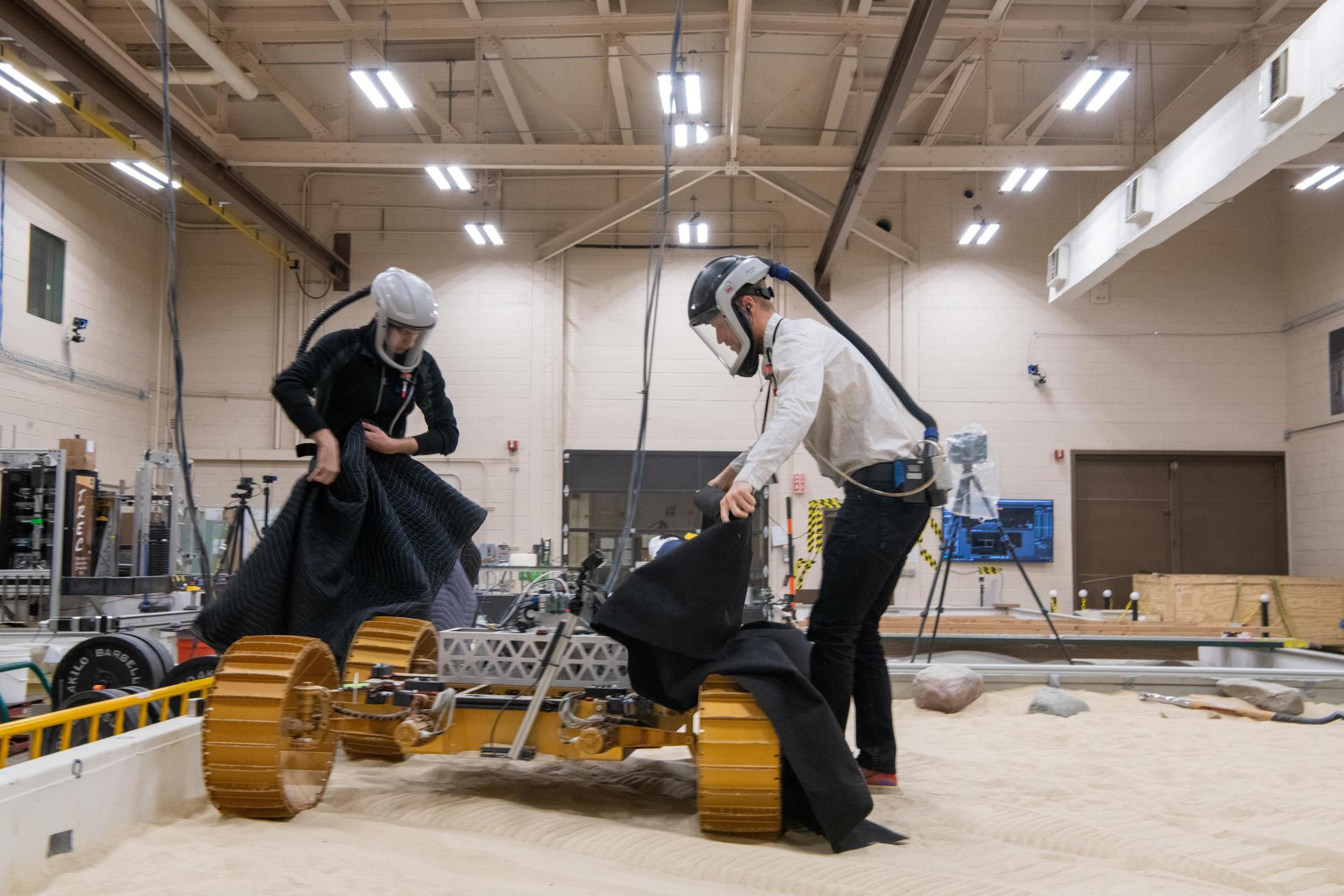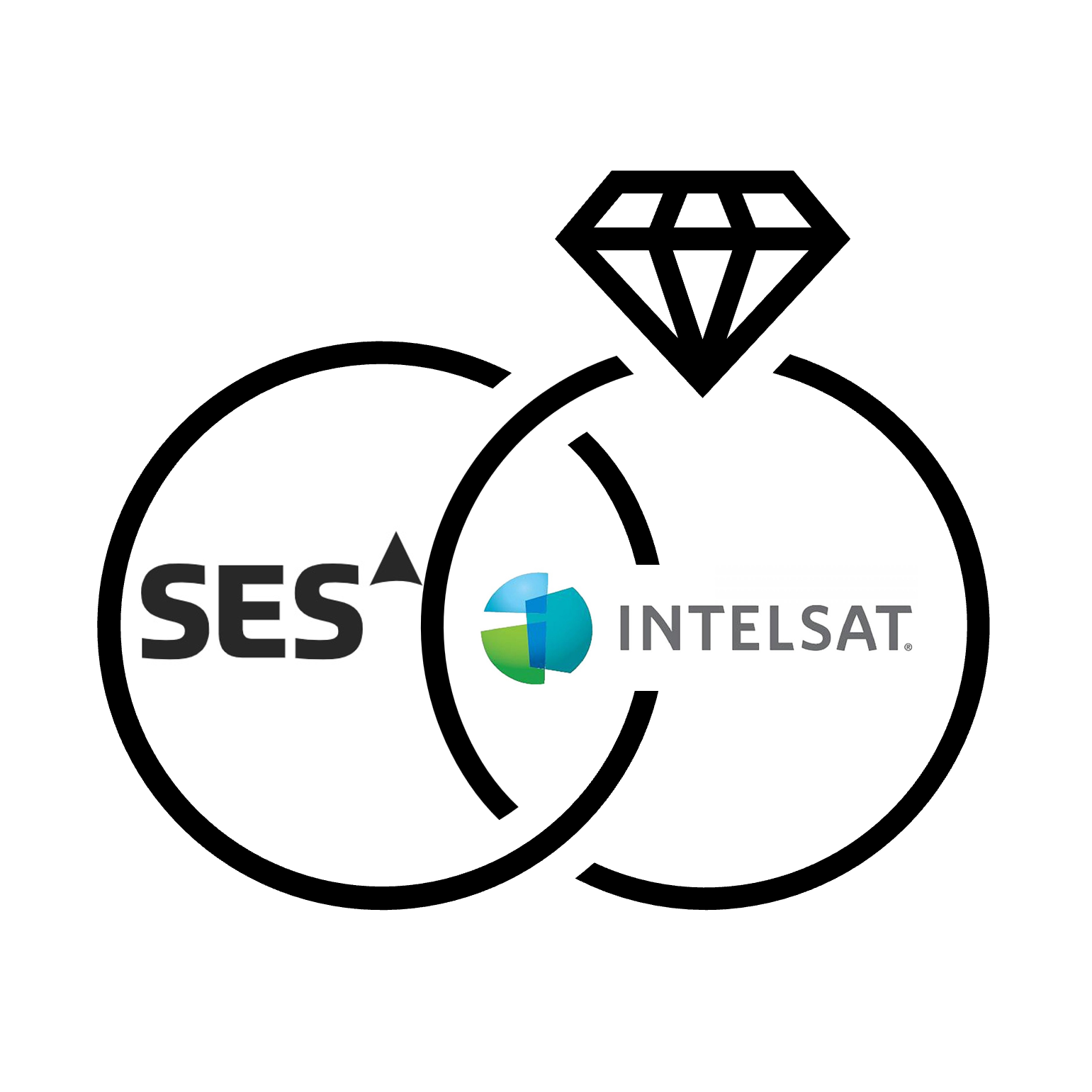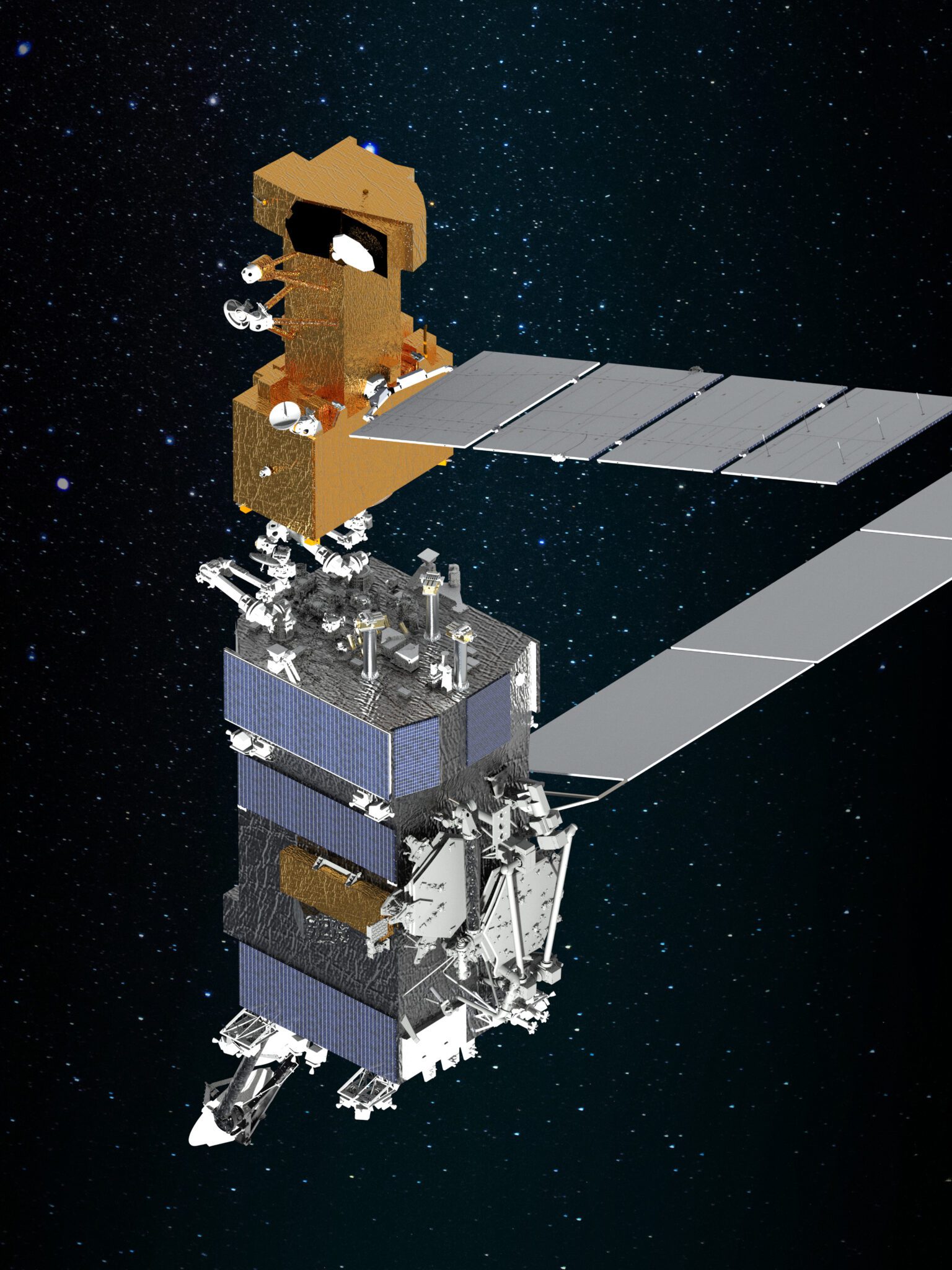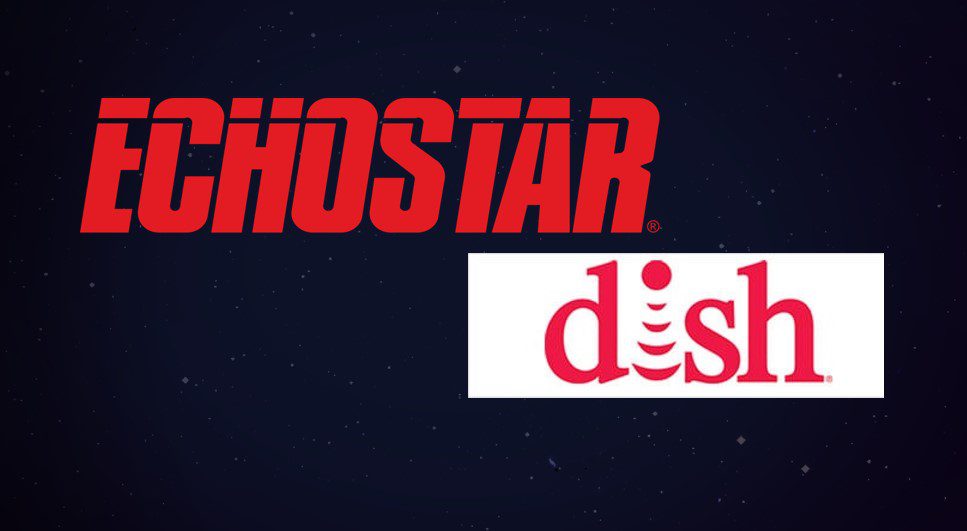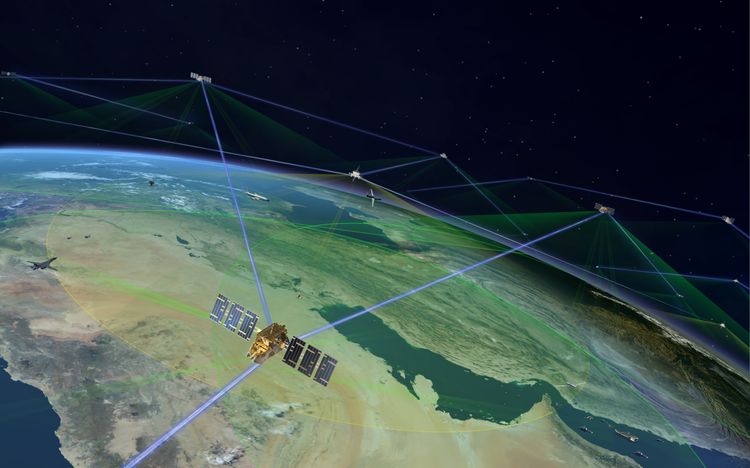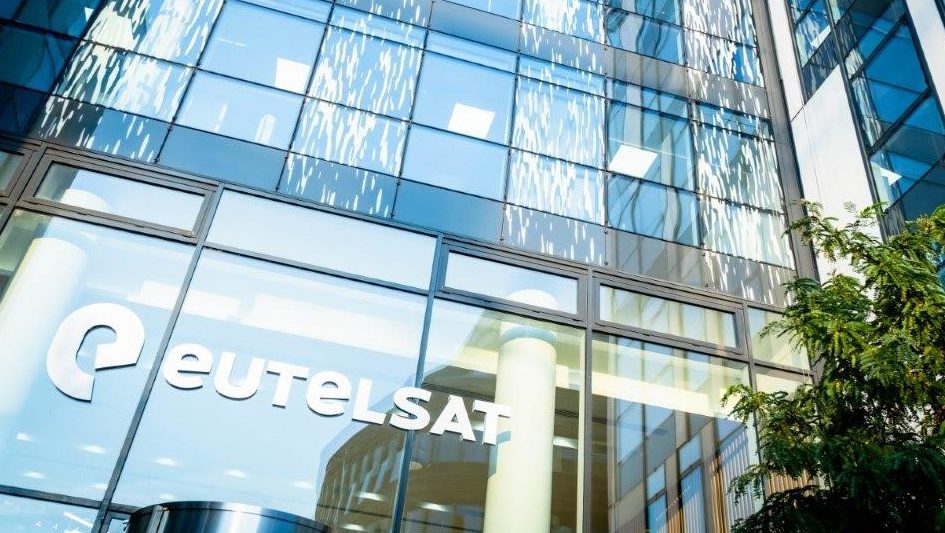While there the space sector has seen some major advancements over August, from Virgin Galactic’s first tourist flight and India’s first lunar landing, there were also some casualties with a human cost. Three US space companies were forced to make layoffs as they struggled to stay afloat.
Alameda, California, based Astra Space cut a quarter of its staff – around 70 people – in a bid to reduce its costs as its cash reserves shrink. Announcing these layoffs on 4 August, the company, previously referred to as the ‘Stealth Space Company’, also said it would reallocate at least 50 engineers and manufacturing staff from its launch business to its spacecraft production. The drastic moves will, Astra hopes, save it over US$4 million per quarter. This is not the first time it has resorted to making layoffs: just nine months earlier Astra let go of 16 per cent of staff. While Astra could argue that the cuts are necessary, it may cast a shadow over its projects, especially as the changes are likely to delay testing of Astra’s Rocket 4. It was previously expected to be ready for its first test flight before the end of 2023 but this is now scheduled for 2024. Astra’s new generation Launch System 2.0 will also be delayed as a result.
Earth imaging company, Planet Labs, also announced cuts in early August. The San Francisco-based company said it would reduce its headcount by around 117 people, equivalent to 10 per cent of its workforce, despite growing revenues. Planet blamed high operating costs and a renewed urgency to drive revenue up as it has yet to turn a profit.
Finally, ‘newspace’ company Momentus Space was also hit by financial struggles. The Santa Clara based firm, which is developing a line of space tugs to carry satellites to different destination orbits, decreased its human capital by almost a third in an effort to minimise its costs while it seeks “strategic options” to raise funding.


